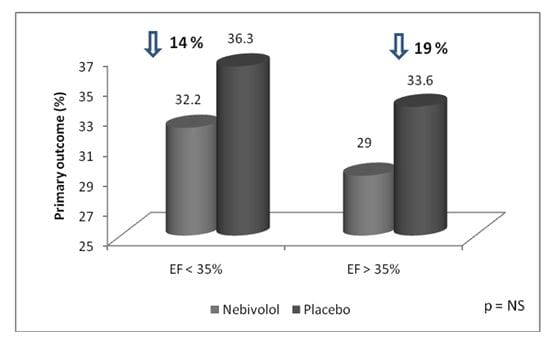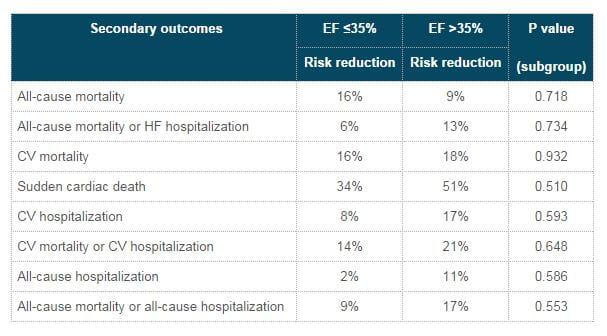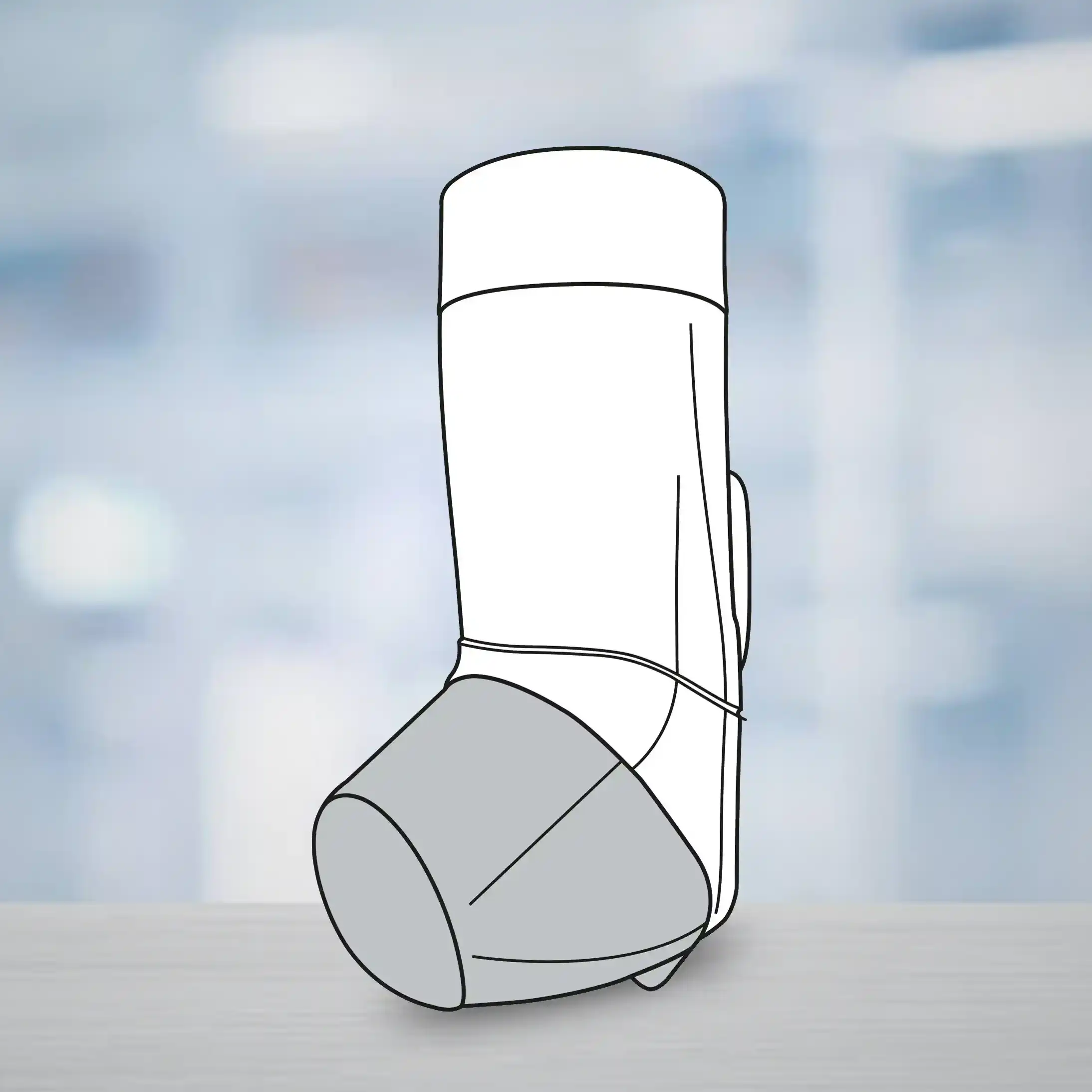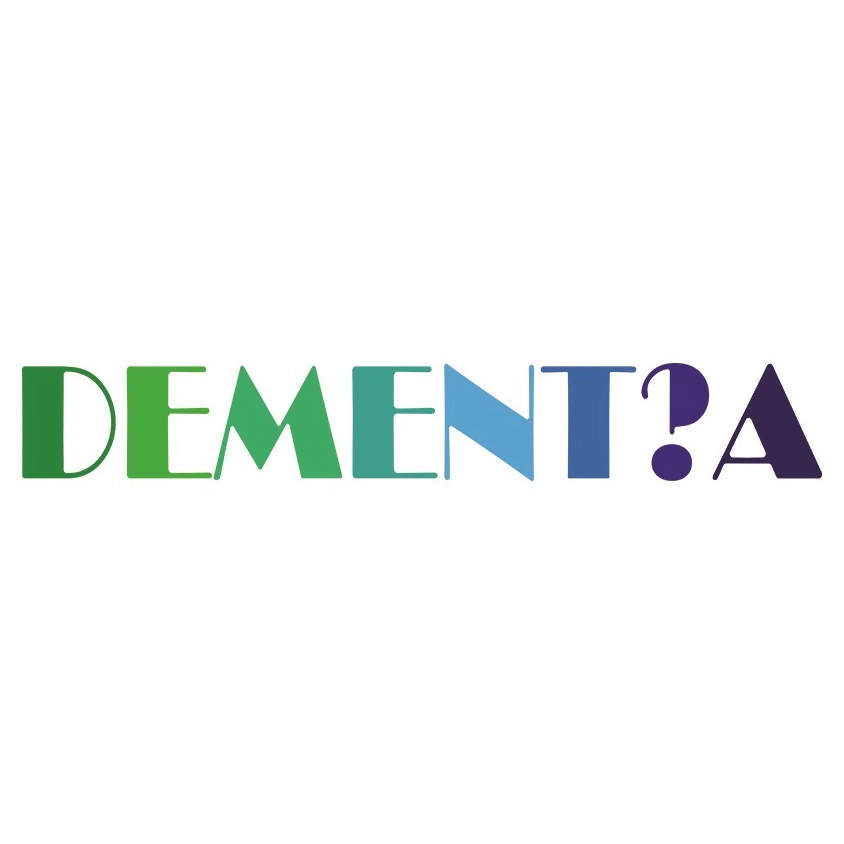To evaluate the effects of nebivolol in elderly heart failure (HF) patients with decreased left ventricular ejection fraction (LVEF) (≤35%) & in patients with preserved LVEF (>35%).
SENIORS: Subanalysis in Elderly HF Patients with Preserved LVEF
13 Dec, 10
SENIORS Subanalysis in Elderly HF Patients with Preserved LVEF
Aim
Study Subjects
Elderly (>70 yrs) HF patients on optimal standard therapy [N = 2111]
- Patients with LVEF ≤35% (n = 1359)
- Patients with LVEF >35% (n = 752)
Study Groups
- Patients with LVEF ≤35%
- Nebivolol ( n = 678)
- Placebo (n = 681)
- Patients with LVEF >35%
- Nebivolol ( n = 380)
- Placebo (n = 372)
- Nebivolol was initiated at 1.25 mg/day & titrated over 16 weeks to the maximum dose of 10 mg/day
Study Period
21 months
Primary End-point
- Composite of all-cause mortality or cardiovascular hospitalization
Results
- Risk of primary outcome was similarly reduced in patients with preserved and impaired LVEF
- Risk of secondary outcomes was similarly reduced by nebivolol in patients with preserved and impaired LVEF
Conclusion
Benefits with nebivolol are similar in elderly HF patients with preserved and impaired EF.
Clinical Implication
- Findings of the study are particularly important for patients with preserved LVEF because no pharmacological treatment has yet been shown to improve outcomes in this population
-
Current study also provides first large-scale data for potentially beneficial effect of beta-blockade in HF patients with preserved LVEF & is the only study in elderly HF patients
J Am Coll Cardiol 2009;53:2150-8












